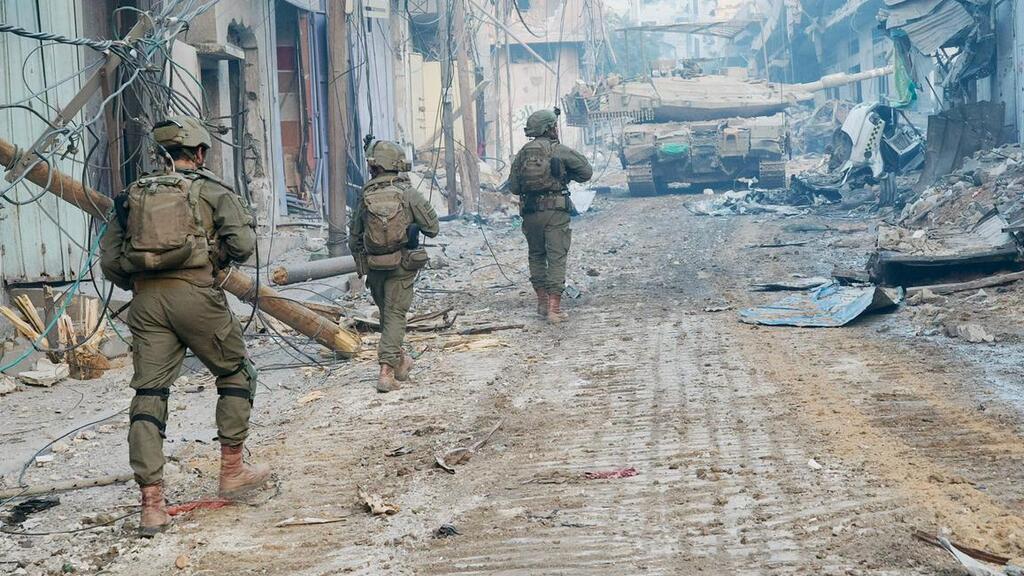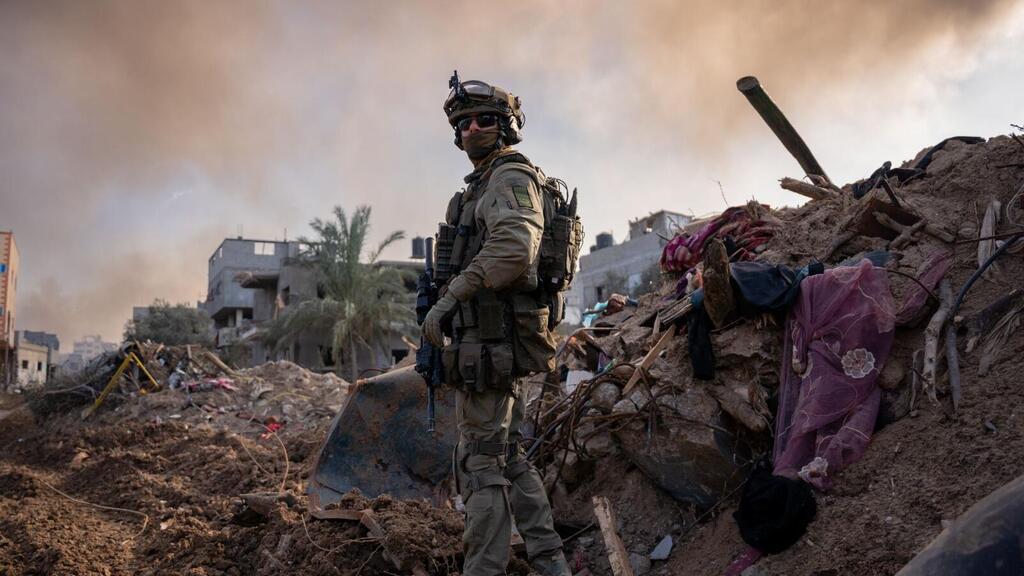While Hamas rejects the Israeli proposal of prisoner and hostage exchange for a cease-fire, it doesn't necessarily mean it is uninterested. Indeed, the top leadership of the terror group has stated that renewed negotiations would only be possible after a complete cessation of hostilities, including the withdrawal of IDF forces from Gaza. Despite these conditions, it's clear that Hamas is in dire need of a cease-fire, perhaps even more than Israel.
Read more:
The firm stance of Hamas stems from the belief that the top echelons of the terror group see a unique opportunity to extract significant concessions from Israel in terms of the duration of the cease-fire and the identity of Palestinian prisoners to be released in exchange for the Israeli hostages. This attitude has been particularly evident since October 7, marked by assertiveness and a lack of grounding in reality.
In the eyes of Hamas, the extraordinary opportunity arises from a confluence of two factors: firstly, the public pressure in Israel to reach a deal, and secondly, the precarious position in Prime Minister Benjamin Netanyahu's polling, driven by the desire for any achievements. This scenario echoes past events, such as the 2011 protest, which compelled Netanyahu to agree to an unprecedented deal detrimental to Israel, resulting in the release of 1,027 prisoners, including Hamas terror leader Yahya Sinwar, in exchange for captive IDF soldier Gilad Shalit.
It's possible that Israel made a mistake by presenting Hamas with an improved proposal in an attempt to push for a new framework. As always, Israel's willingness to go far in negotiations was interpreted by Hamas as a weakness and an opportunity for extortion. Hamas reportedly aims high and seeks an immediate release of senior Palestinian prisoners, including Marwan Barghouti, a senior Fatah member, Popular Front for the Liberation of Palestine Secretary-General Ahmad Sa'adat and Hamas engineering mastermind Abdullah Barghouti.
For Hamas, successfully compelling Israel to release these figures, who were previously refused release in the Shalit deal, would be an unprecedented achievement, even compared to the October 7 attack. It's a straightforward matter when it comes to Marwan Barghouti, who has become a symbol of Palestinian nationalism, widely regarded as the most popular leader in the West Bank, and a likely contender to succeed Palestinian President Mahmoud Abbas upon his release from prison.
At first glance, Sinwar's goal in the October 7 terror attack was likely these very aspirations. Consequently, the terror group is expected to focus on these names. In other words, the current refusal to engage in negotiations could soon achieve both objectives: a prolonged cease-fire and the release of "high-profile" terrorists with blood on their hands. Hamas hopes that if it can endure until January - when, Israel is reportedly expected to shift its strategy to targeted raids instead of widespread warfare - its control in the Gaza Strip will remain intact.
However, these aspirations seem to lack a firm grip on reality. True, many Hamas terrorists have survived and continue to launch attacks on IDF forces. While voices in Israel clamor for an immediate prisoner exchange, signs of impatience are evident regarding the realization of the ground operation's objectives.
Yet, Sinwar and his cohorts have not fully grasped that the Israeli public will not accept anything less than the dismantling of Hamas's rule in Gaza. Moreover, the Netanyahu government will not endure a long-term cease-fire without significant military achievements. Thus, whether intentionally or not, Hamas's refusal to enter negotiations on the hostage issue before the cessation of hostilities only serves Israel's military interests.
The IDF continues to achieve significant military gains daily. Even though it is far from a decisive victory or a collapse of Hamas, more and more of its tunnels are damaged, and more and more terrorists are killed. It is doubtful whether, at this stage, commanders of the Hamas military wing, including Muhammad Deif overseeing operations in Tuffah or even Haniyeh in Khan Younis, have real control over the ongoing war.





